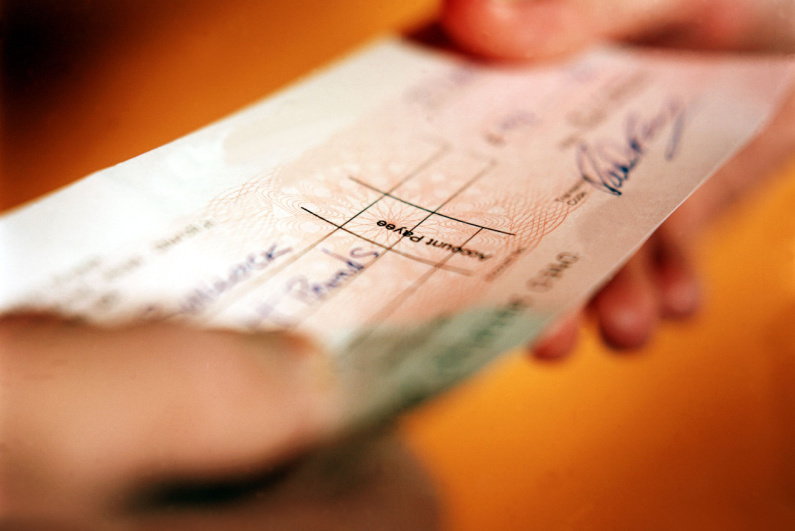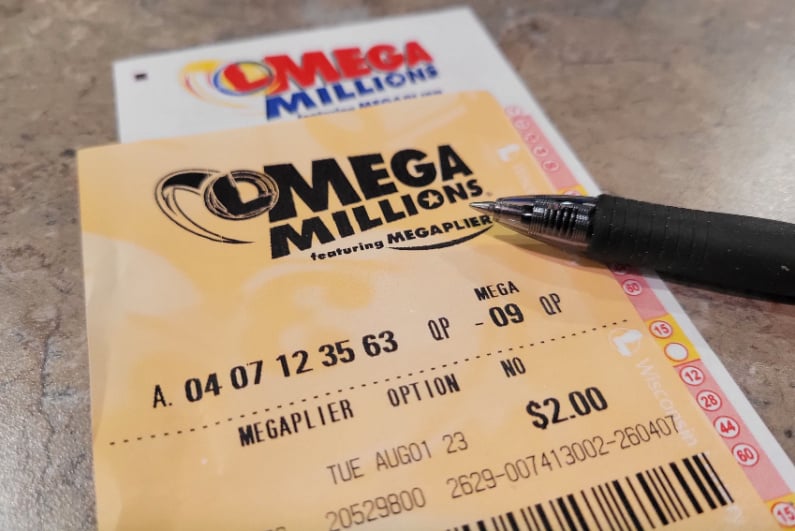A significant hike
The Italian authorities have a very strict approach when it comes to gambling-related matters. A blanket ban on advertising is in place for operators, while stricter licensing regulations are potentially coming into place. The Council of Ministers is currently discussing a range of proposals to reorganize the online gambling space, which could include introducing higher license fees.
the cost was just €200,000 ($218,764) in 2018
The European Gaming and Betting Association (EGBA) trade association has questioned these plans and speculated that they might not be compliant with EU law. Lawmakers are considering tripling the license fee to €7m ($7.7m), which is significantly higher than what is in place in other European countries. The EGBA described such a rise as “unwarranted” especially as the cost was just €200,000 ($218,764) in 2018. The previous proposal was for a €2.5m ($2.7m) fee.
Potentially severe consequences
Speaking about the matter, EGBA Secretary General Maarten Haijer said that such a change would make Italy the most expensive European country in which to get a gaming license. He believes that operators could exit the market as a result of such a change and it would also scare off prospective new entrants. The EGBA predicts that the number of license holders could drop from 91 to just 15 to 20, which would lead to even more money going toward the black market.
The industry body believes that the authorities should stick with the €2.5m ($2.7m) proposal and not constrict the available licenses to just 40. It believes these moves would encourage competition and still generate similar tax revenue as having the higher license fee in place.
The popularity of the black market
Since Italy introduced the blanket ban on gambling ads in 2018, many operators have been struggling to retain current customers and attract new ones. Many people now use black market platforms, with the EGBA estimating that the country loses out on over €1bn ($1.1bn) in tax revenue annually due to the popularity of these illegal offerings.
In addition to the Italian government not taking in as much money, the transition over to black market platforms potentially puts consumers at risk due to the lack of protections that are in place.




